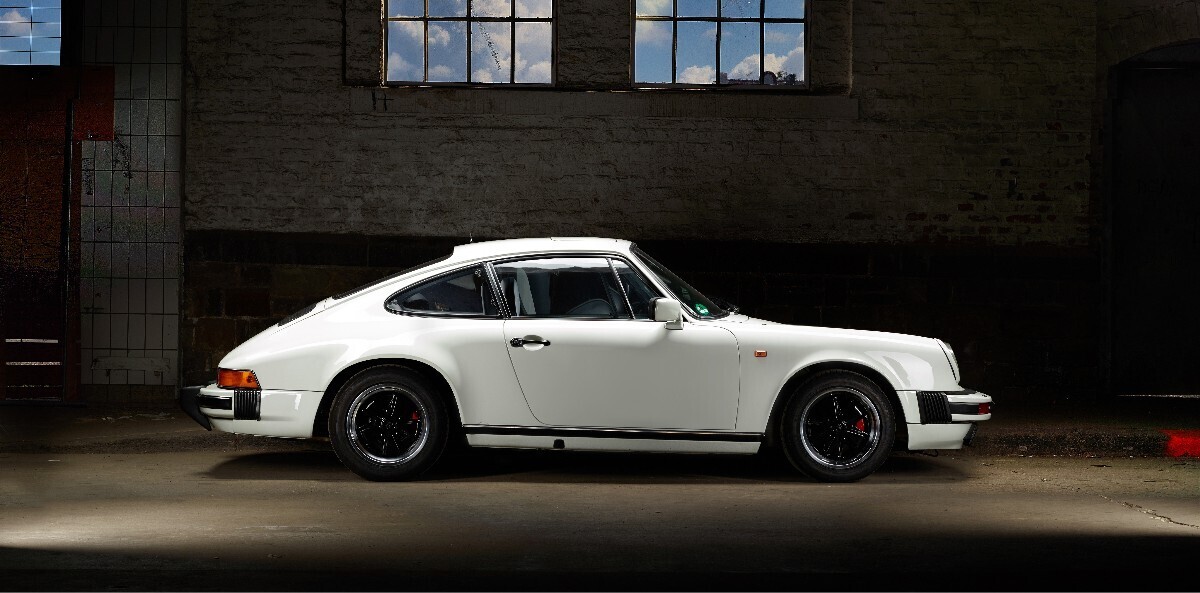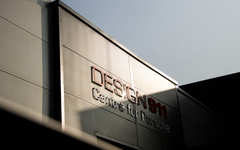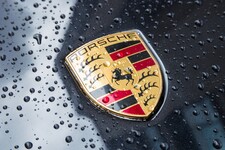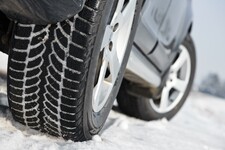
With the government ban on sales of new petrol and diesel cars due to be introduced in 2030, the levels of demand for premium-quality parts and components for fuelled and classic vehicles are set to soar as mechanics, service centres, and automotive professionals turn their attention to electric.
That is according to Design911, a UK-based, sector-leading supplier of next day Porsche parts with a second location in the Netherlands providing the logistics for its EU clients.
The petrol ban is part of the governmental target to reach net zero emissions at the latest by 2050 and will mean that vehicles can no longer be sold with combustion engines, although this does not affect cars already on the road or second-hand vehicle sales.
The Impact of the 2030 Petrol Ban
Many parts of the automotive sector are unlikely to change immediately, with ongoing demand for petrol stations, servicing and MOT tests. However, car parts are one of the sub-sectors most exposed to sudden shifts, where companies that primarily provide services to customers with petrol cars will need to pivot.
From 2030, cars with hybrid power – a combined electric motor and fuelled engine – will remain for sale but will be brought into the ban from 2035. Eligible vehicles must be able to travel a ‘significant distance’ using electric power to be exempt from the 2030 change.
After the five-year transition period is over, all cars that are not solely powered by electricity or hydrogen will be removed from forecourts, alongside plug-in hybrids which cannot comply with the zero emissions and zero petrol policy.
The issue may be that with over 30 million licenced cars on UK roads, 99% of which are powered by petrol or diesel according to the latest RAC Foundation figures, it will become more and more difficult for drivers to replace old, worn and malfunctioning parts as manufacturers wind down production, and OEM and aftermarket producers supersede conventional components with those for EVs.
Projections for the Classic Car Parts Market Post-Petrol Ban
Alongside the petrol ban, the expansion of the ULEZ zone in and around London is intended to improve air quality by placing financial pressure on drivers who regularly travel in and out of the city in a fuelled vehicle.
To some extent, classic and vintage cars are protected, with anything over 40 years old categorised as historic and subject to exemption even in low-emission zones. As the infrastructure available for fuelled cars changes, the market for classic cars and restoration projects is expected to grow, as more collectors and enthusiasts look for original petrol engines.
However, the knock-on effect of these sustained and simultaneous changes may be that with increased interest in classic cars, scarce parts and performance upgrades are likely to also diminish in availability as quickly as they spike in demand.
Classic cars are potentially more prone to shortages where rare and hard-to-find parts are already difficult to source, requiring expertise in finding alternatives or using contact networks within the classic car world to track down specific and original components.
Addressing Expected Porsche Classic Car Parts Shortages
Managing Director of Design911, Karl Chopra, says, “We have been sourcing precision parts, rare and unusual replacements and high-quality components for Porsches of every age for decades and recognise that many clients and Porsche enthusiasts may be concerned about production running down of the parts they are most likely to need to replace.
While some will decide to convert classic vehicles to electric motors, most will wish to preserve the integrity and authenticity of classic cars, especially since newer models will no longer be available to purchase.
Our advice is to ensure you have a specialist supplier on hand since hard-to-come-by parts will begin to dwindle in stock with general suppliers. In contrast, as an expert in all things Porsche, we can refer to our large network of reputable component suppliers to source the items you need or even commission a replacement part where the piece you require is not available."
Traditional cars are expected to drop in resale value as the market for combustion engine cars falls, and where it will become significantly more expensive to drive in city centres. Bristol and Birmingham are among the locations introducing their own low-emission zones.
If this trickles down to classic cars, it could present a good investment opportunity for collectors, provided, of course, they can source the parts and accessories they need to keep their vehicles in top condition.
Read more about Design911 - Design911 Warns Car Owners of the Dangers of the Growing Counterfeit Porsche Parts Market
Media Contact:
Tom Harper-Ward
Design 911
+44 (0)208 500 8811
About Design911
Design911 has established itself as the market leader, offering trade and retail customers a full range of OEM and aftermarket Porsche parts for general servicing and rebuild as well as restoration and tuning for the UK, European and world-wide markets. The Design911.co.uk website now sports a Porsche parts finder to help you get the exact aftermarket Porsche part your need. The company's impressive 34,000 sq. ft Essex headquarters comprise sales department, warehouse, workshop and body shop, as well as a showroom of classic Porsches for sale. We pride ourselves that we will be the company that can supply 'every part for every Porsche'.
***
Source Company: https://www.design911.co.uk







